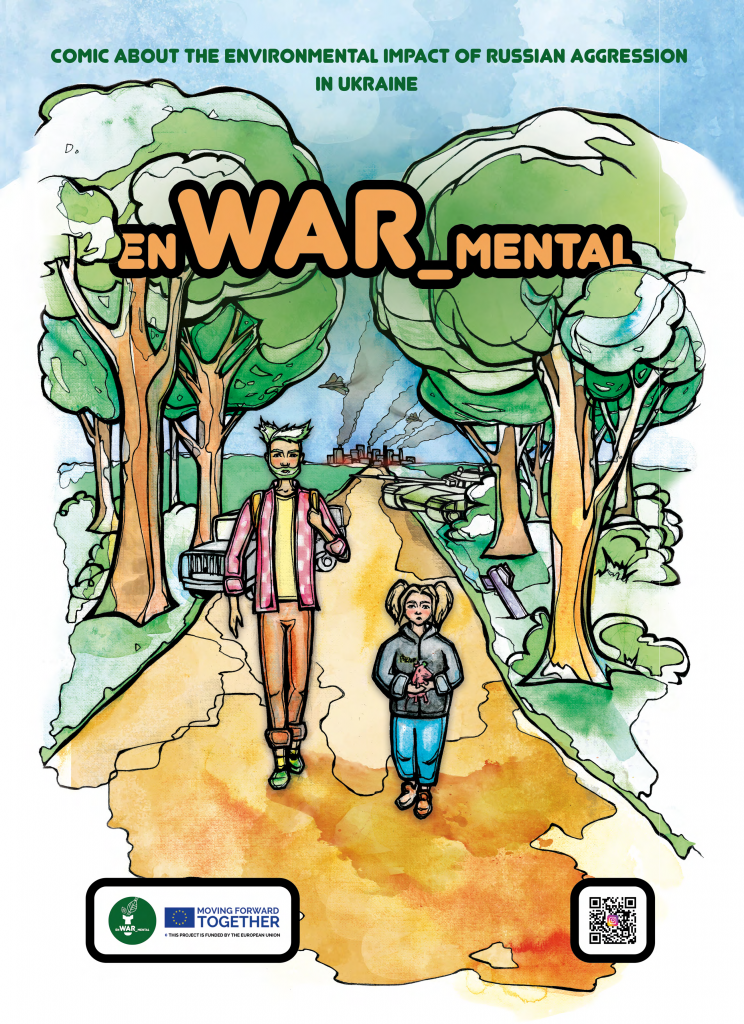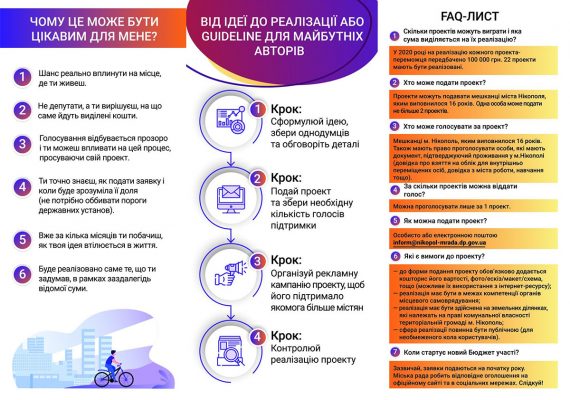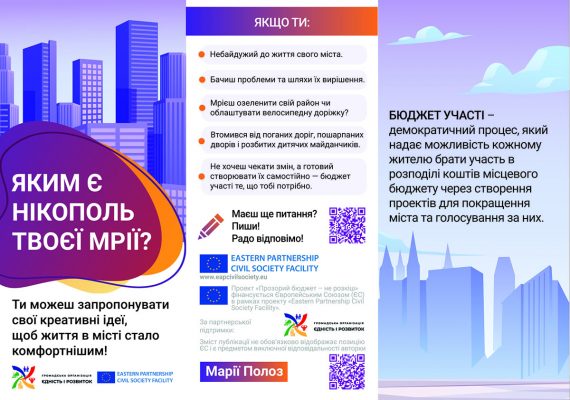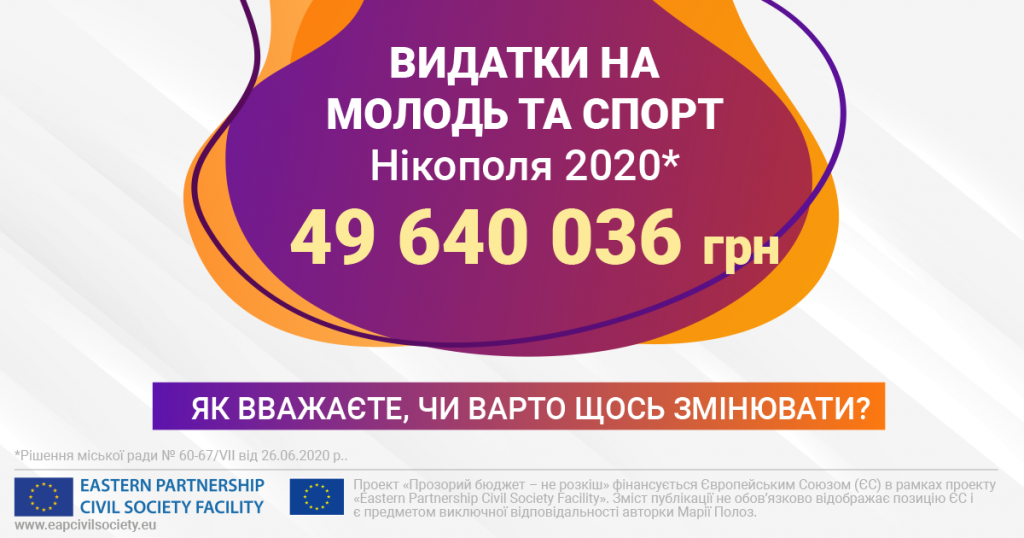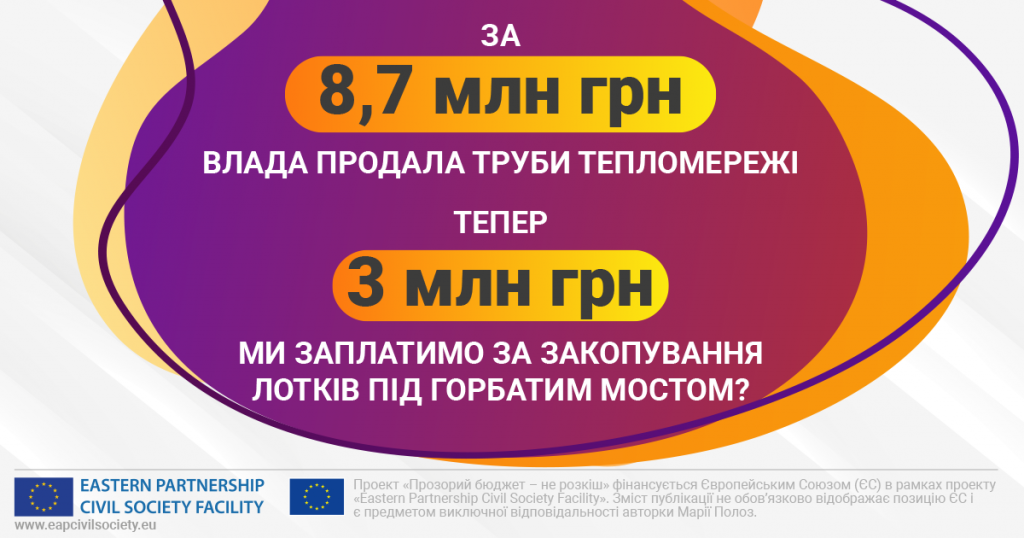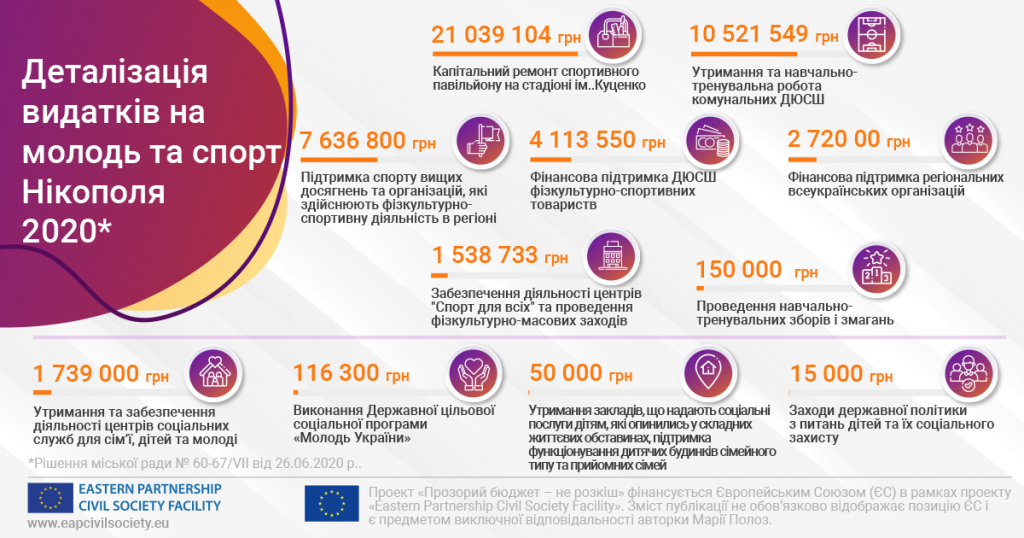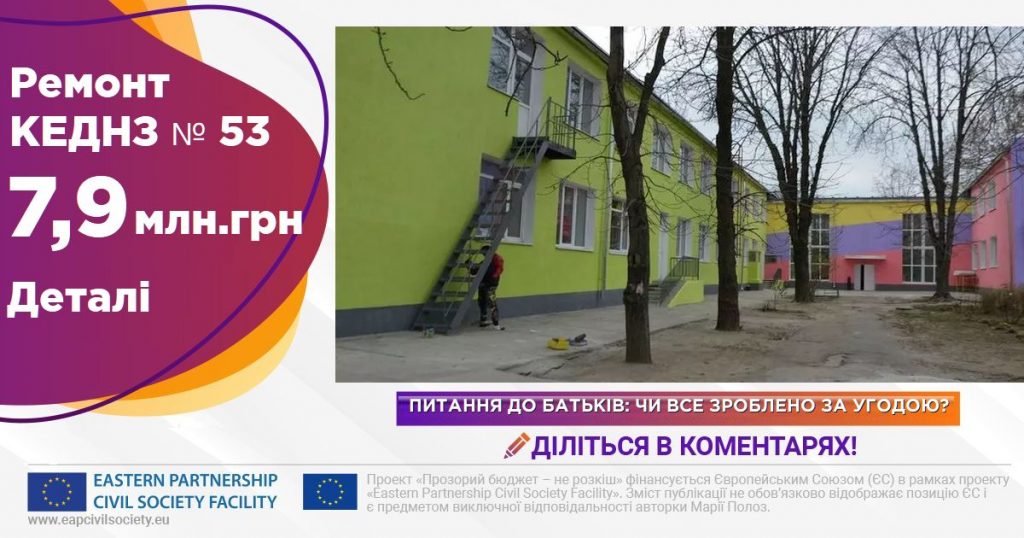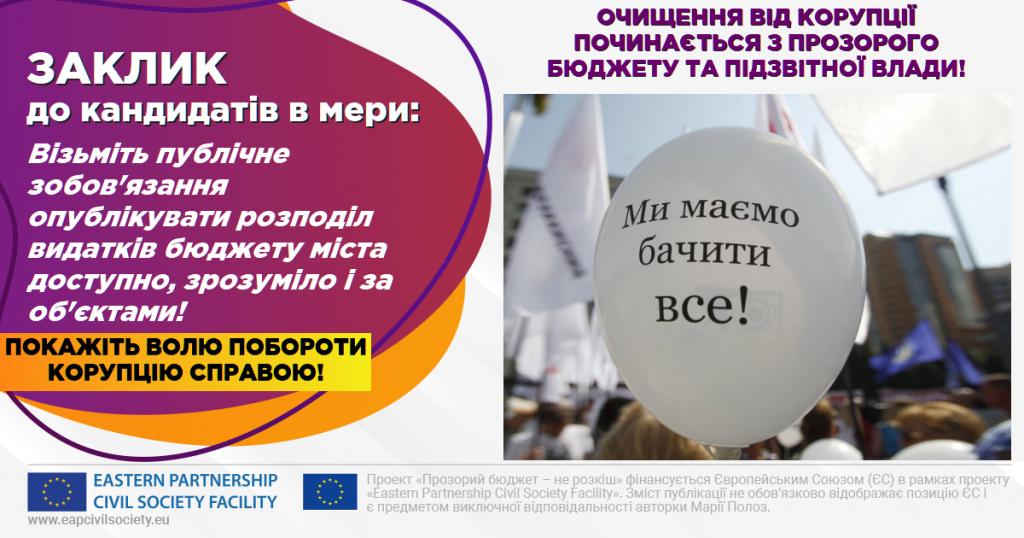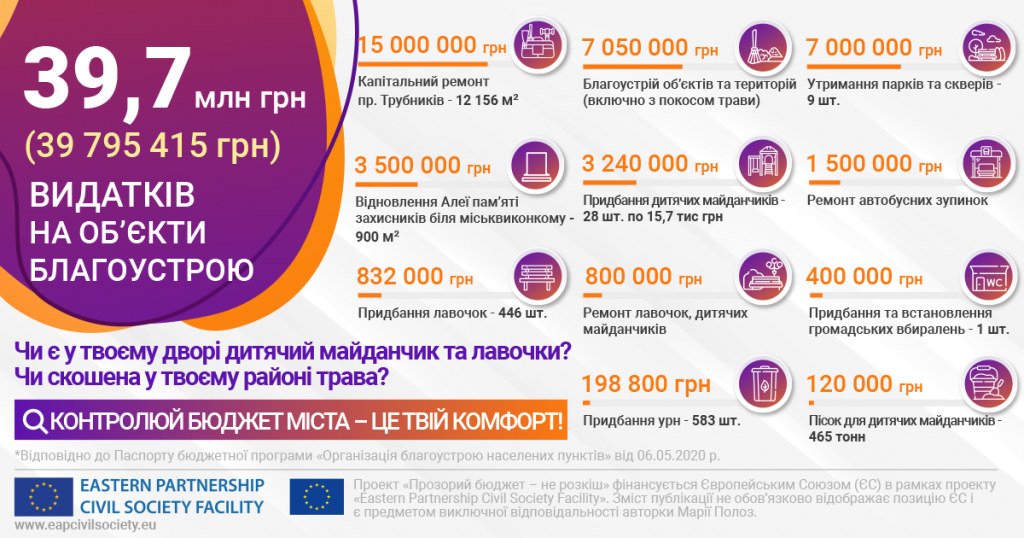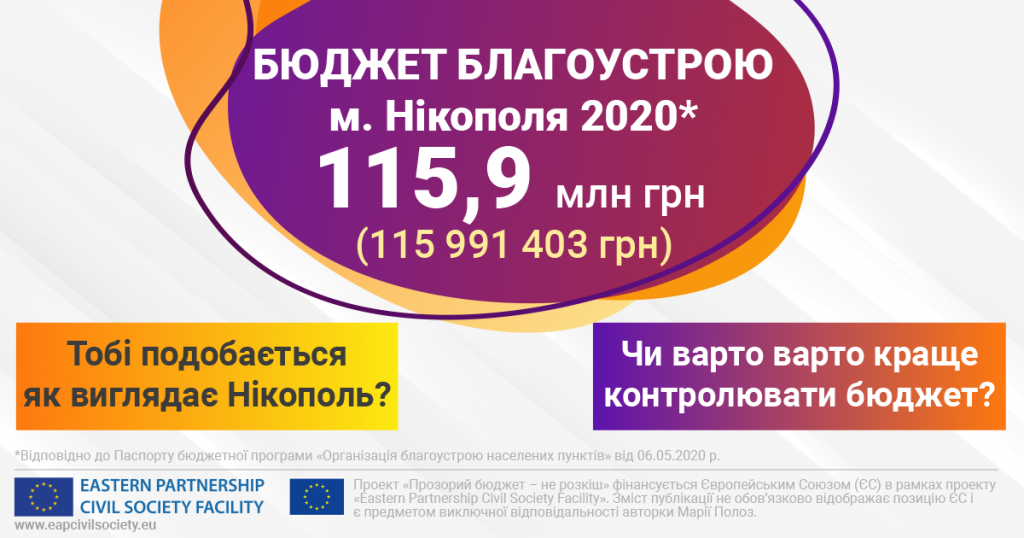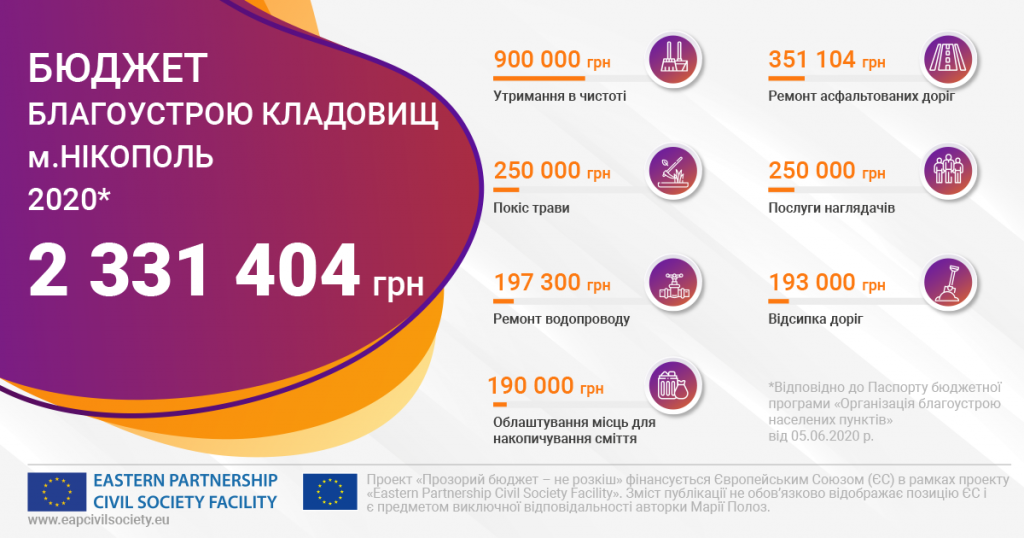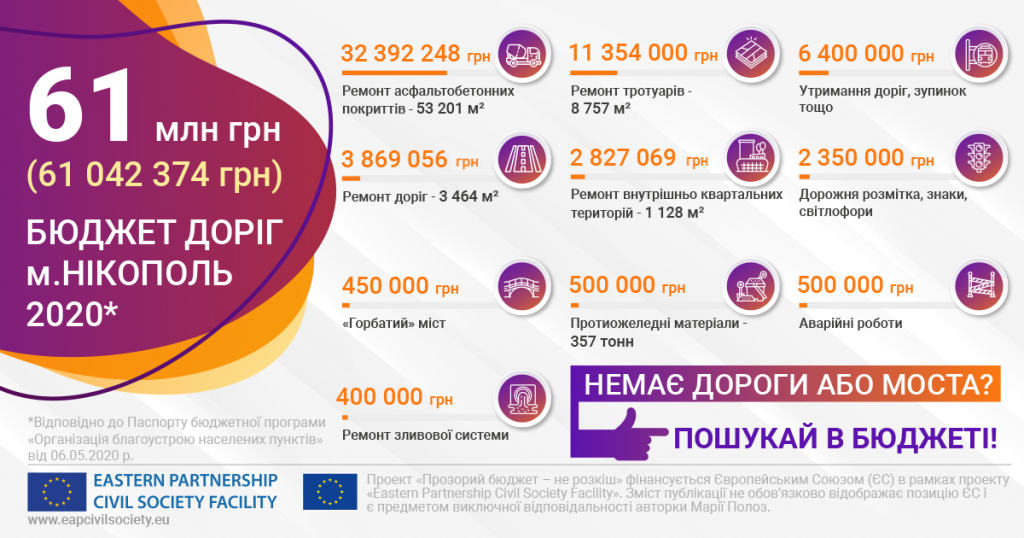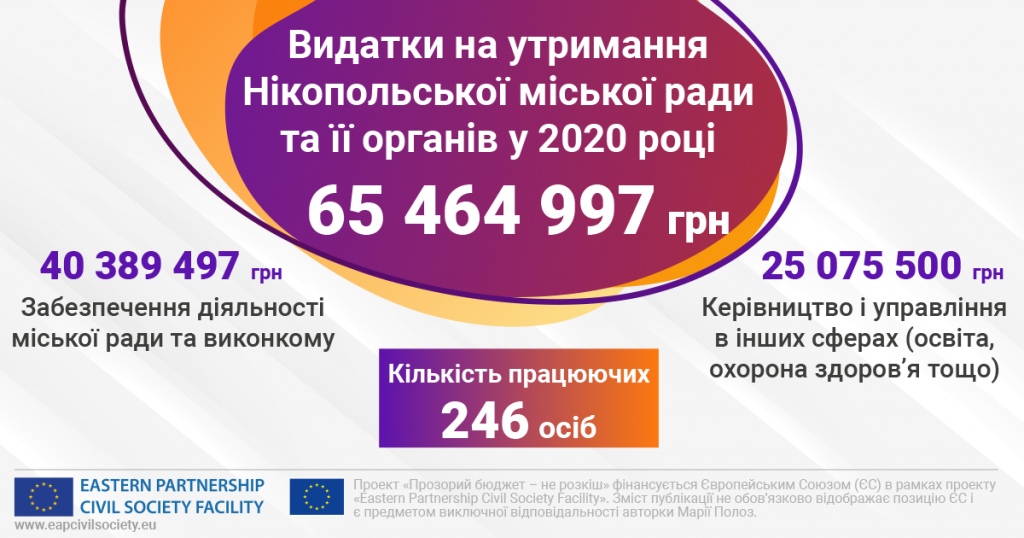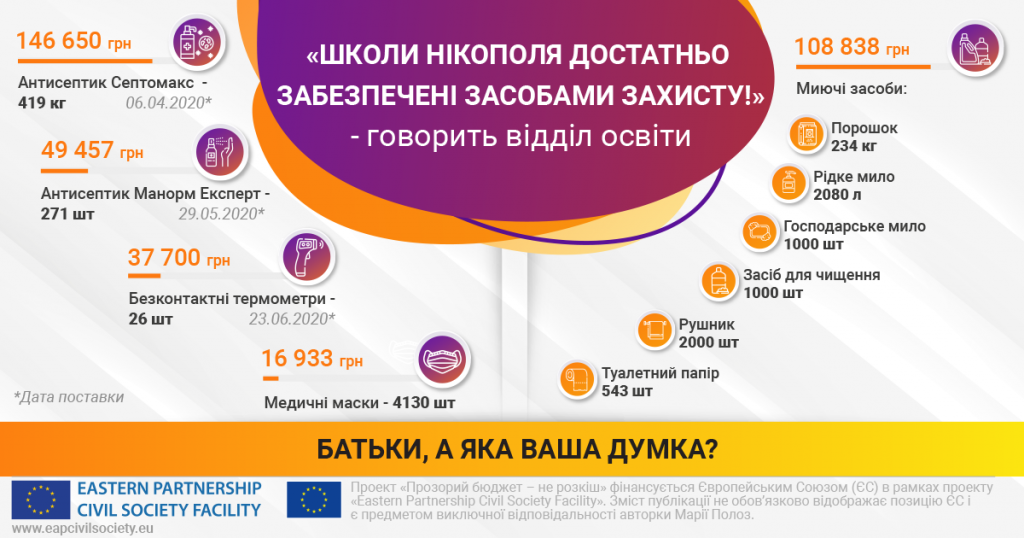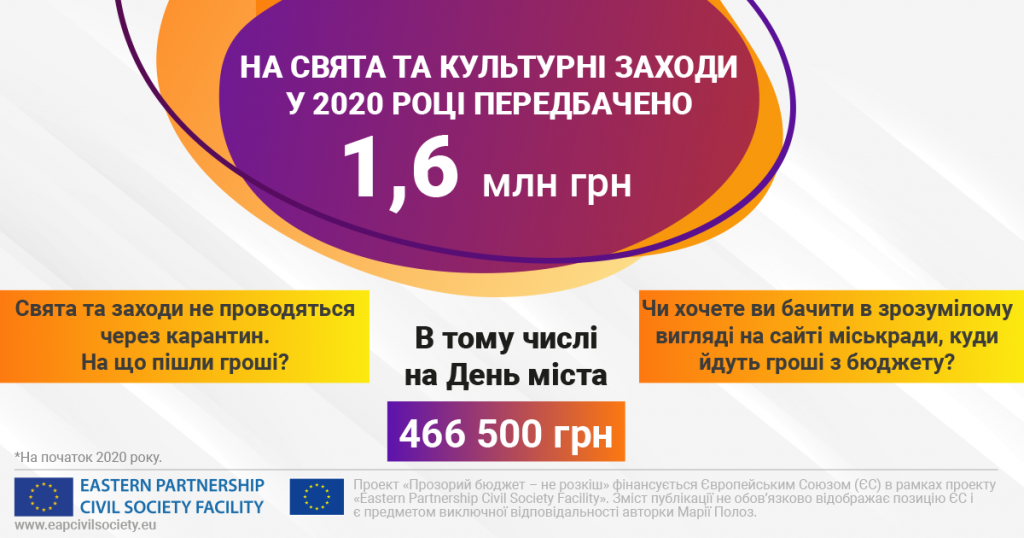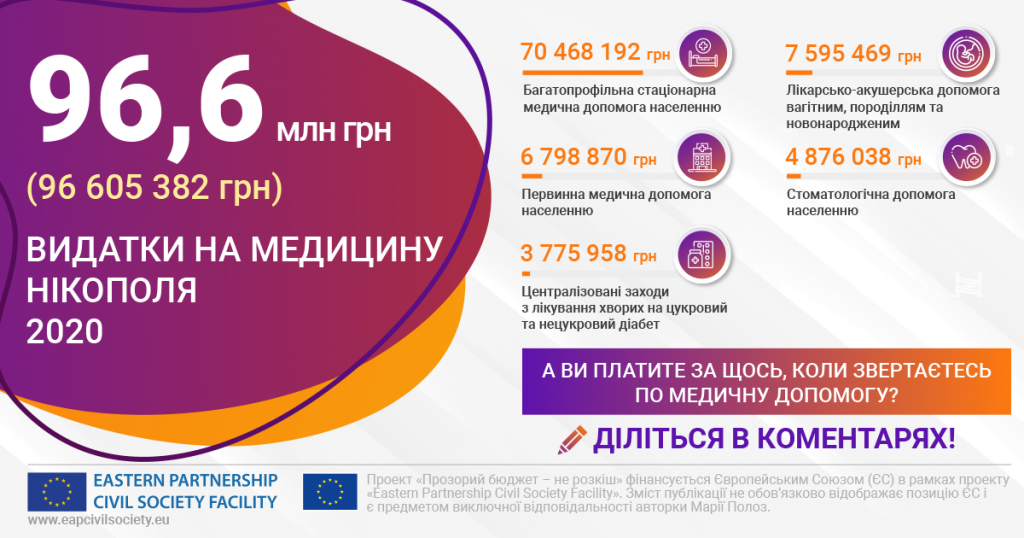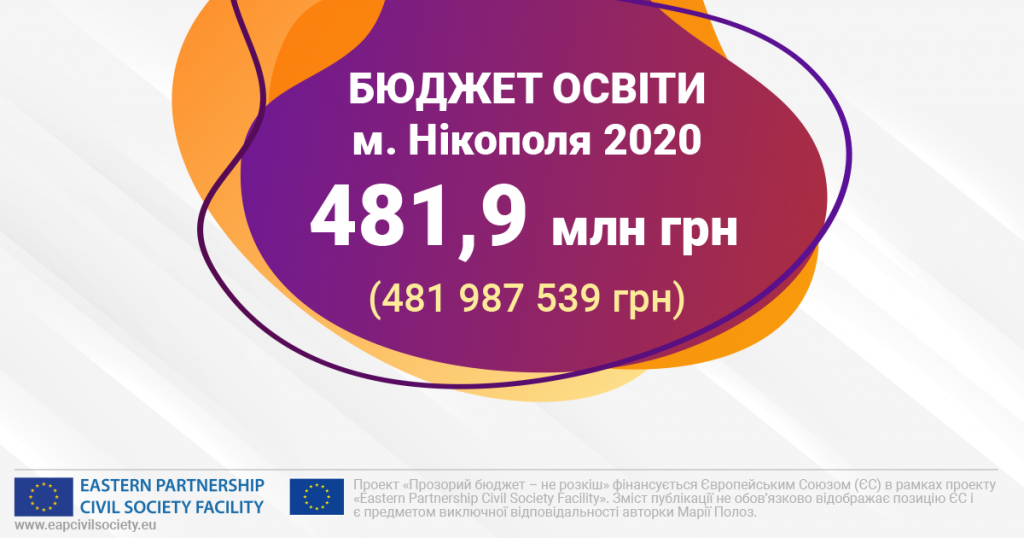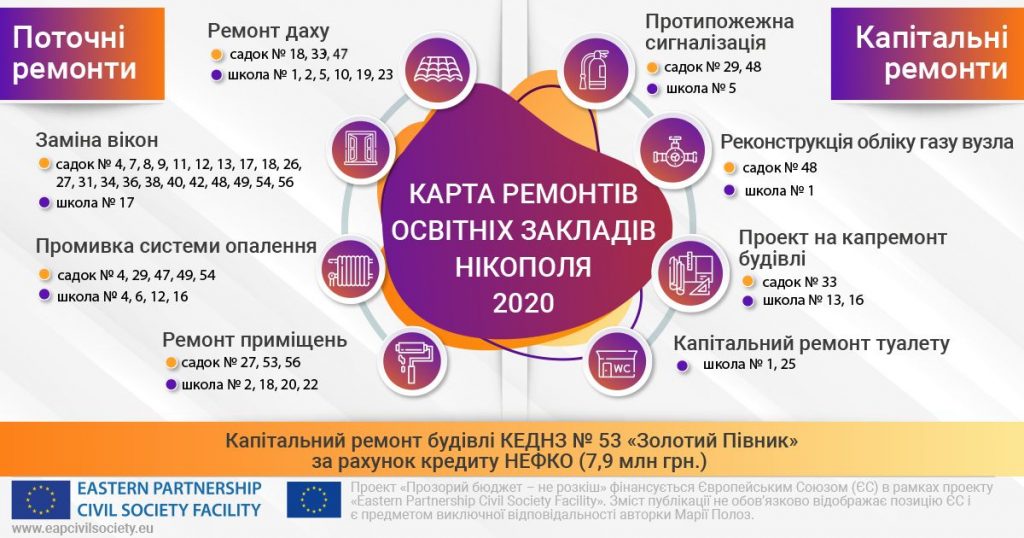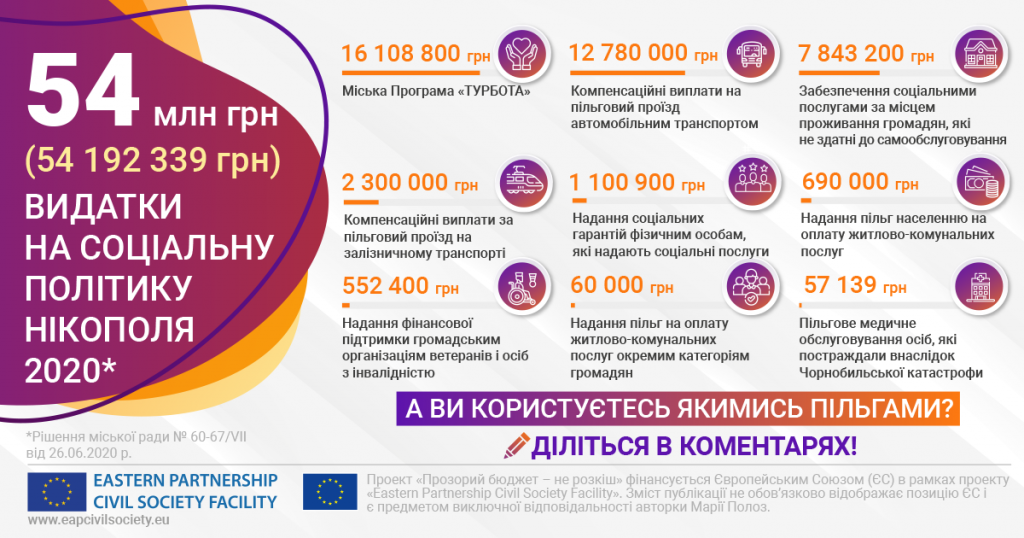Fellowship Summary: Enhance the awareness of the war impact on the environment among Ukrainian students by implementing the information campaign “enWAR_mental”.
Nataliia Yaroshenko has been active in civil society since 2015. Her early years of activism were mostly focused on supporting cultural events, such as the Sumy Rock Fest, but then she experienced the ‘Active Citizen’ programme of the British Council in Ukraine and turned her attention to mobilizing youngsters to collaborate on community development projects.
As a result of this activism Nataliia became the Coordinator of the ‘School of City Ambassadors’ in her home city of Sumy in Ukraine. But this isn’t her only ambassadorial connection as in 2021 she also joined the ranks of the Young European Ambassadors programme.
“As I’m a biologist the next obvious step for me was to unite my civic activism with my passion for the environment. So, with a team of like-minded colleagues, I ran a campaign to promote the concept of the Green Office. This was a great way to help people in Sumy to make the connection between taking local actions and the global movement to protect the environment”
In being awarded a 2021 Civil Society Fellowship, Nataliia was ready to further her journey of finding creative methods for having young people engage in environmental issue, when the Russians invaded Ukraine and her world turned upside down. But Nataliia was not perturbed. She recognized the need to stimulate a dialogue about the impact of war on the environment and her Fellowship shifted its emphasis to become the ‘enWAR_mental’ initiative.
“‘enWAR_mental is all about helping the younger generation understand that the damage to our environment by war will not only have long-lasting effects but that the damage is wide-reaching. Bombs falling on fields and forests in Ukraine will eventually also impact on ecosystems outside of Ukraine. We need to help students and youth understand the issues and the long term consequences, and to build their capacities to advocate for this understanding within their communities.”
Nataliia’s Fellowship has had a strong focus on combining creative talents with scientific evidence and documentation. She has mobilized a team to research, design, and create comic strips that raise awareness to the environmental damage of war. “Such graphics are not only a great way to engage with young people, but they also help to make the difficult topic more digestible”.
She also produced short videos featuring young activists from other countries previously impacted by war, such as Kosovo and Georgia, and other posts on the enWAR_mental Instagram pages. A competition for younger students across Ukraine resulted in more than 50 posters being created and submitted to enWAR_mental, demonstrating a range of perspectives of how young people see the war impacting on their local environment. All the visuals on Instagram have helped to grow enWAR_mental’s followers. “Just last week we saw that we attracted views from about 1,500 new visitors and we see the rise in searches around #environment#war.”
Nataliia also reflected on the personal impact of her Fellowship: “it has helped me through a very traumatic time and the volunteers who have helped me have grown in confidence. Together we are going to continue the work of enWAR_mental”


